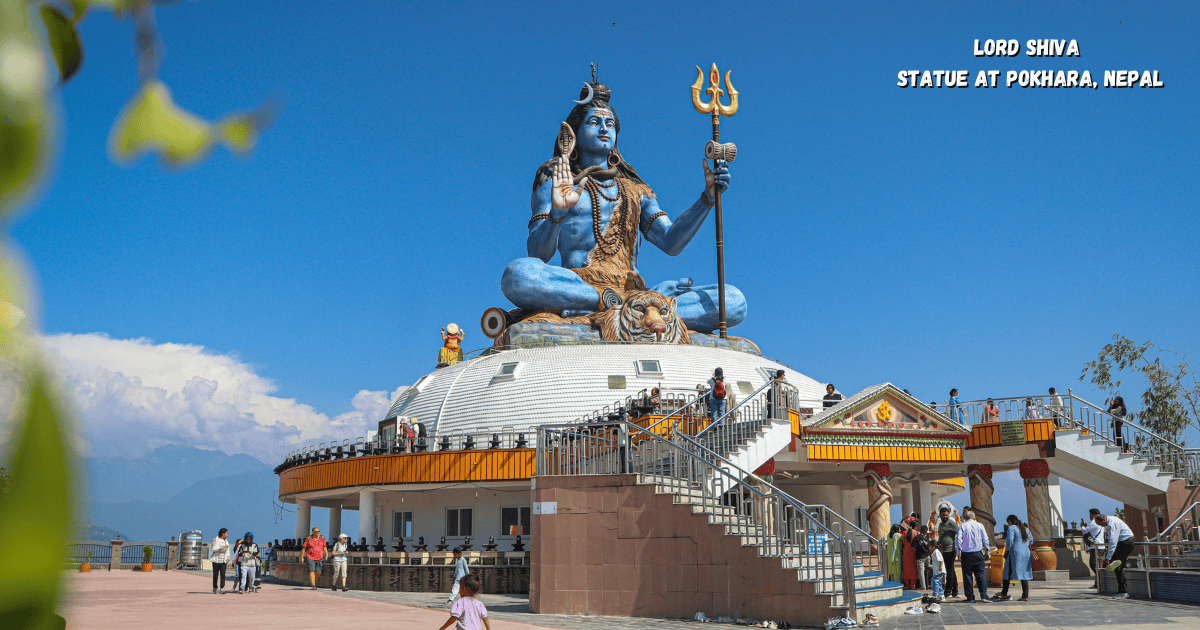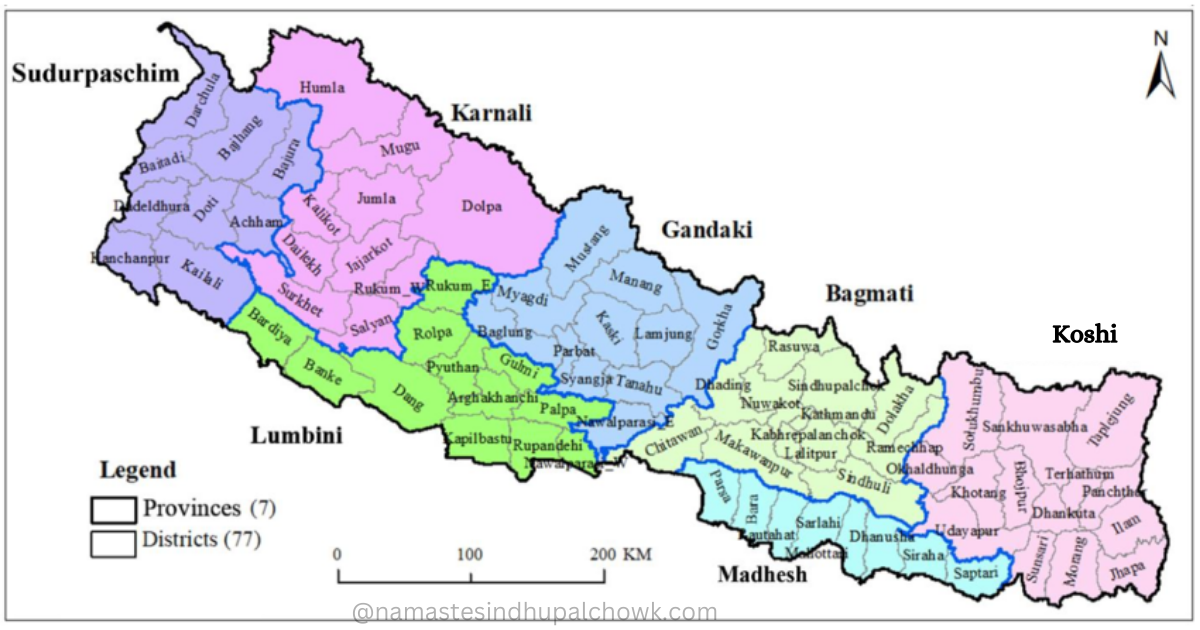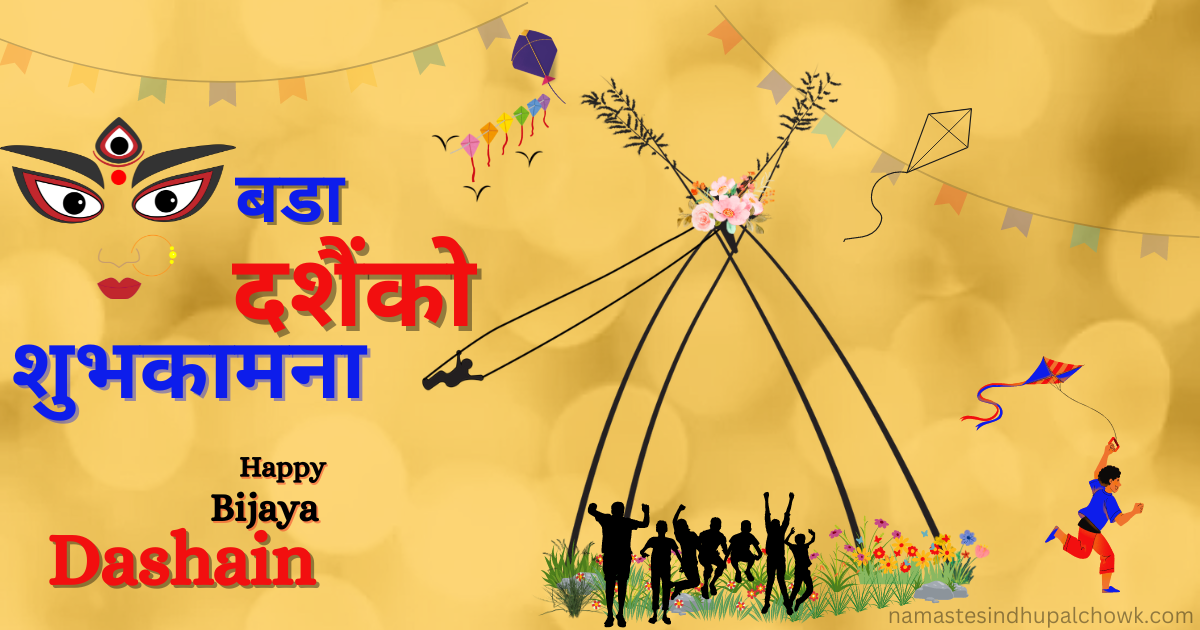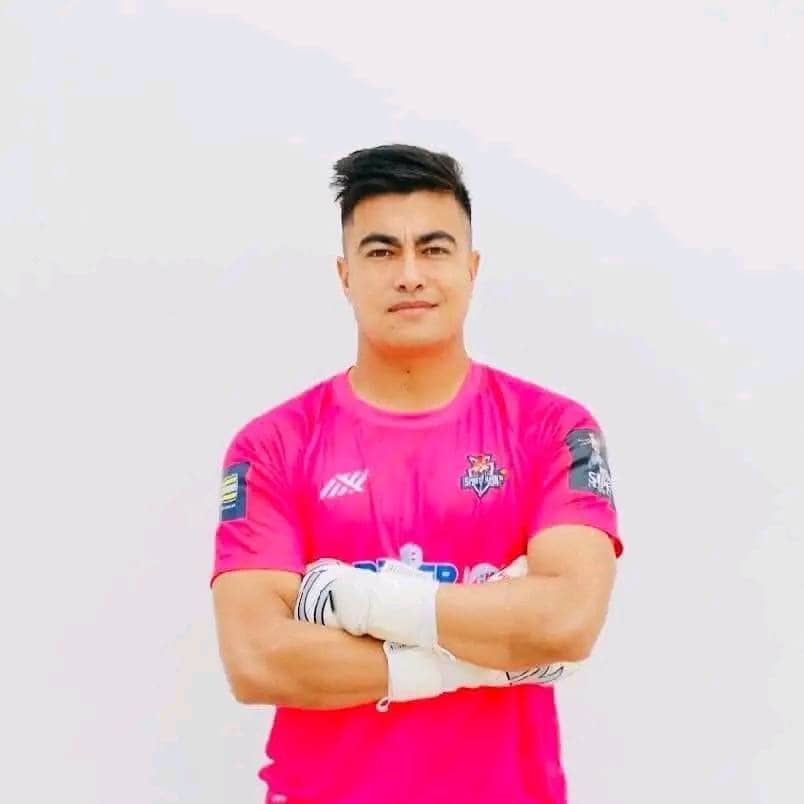Shiva Ratri is a big festival for people who have faith in Hinduism all over the world. During the festival, devotees worship Mahadev, the god of gods or the god of destruction. This is a very important festival/day in terms of gaining spiritual knowledge. It is a very important and special festival in which devotees worship and sing the praises of Lord Shiva's life, power and glory.
Maha Shiva Ratri: Religious Believe, Facts, & More
The planets in the cosmos are in a special position on this day. It is believed that on this night the flame of spiritual knowledge burns in the heart of a being filled with pain, suffering, anger, leprosy, and greed. According to the Hindu calendar, Shivratri celebrates on the Krishna Chaturthi date of every month. However, the Shivaratri celebrated on the Krishna Chaturthi date of Falgun month is very special. That is why it is called Maha Shiva Ratri.
Shivaratri is celebrated by some people or devotees according to their own beliefs. Spiritual seekers celebrate Shivaratri with the belief that Shakti or energy generates within them. Housewives celebrate Shiva Ratri for the happiness and prosperity of their families.
Some people consider Lord Shiva as the embodiment of equality. He is also the destroyer god. What this means is that after something is created, its end is certain. This is the night of Shiva. So, anybody can feel the divine power of Lord Shiva on that day.
Shiva is the reflection of strength, equality, patience, understanding, and mystery in every person's life. Maha Shivratri confirms the purpose of the night. Night or darkness is more powerful than day or light. Light has its source, darkness has no source. Or, the night itself is a sourceless source. Shiva is such a reflected Power (Shakti), which Power is everywhere. Which cannot be stopped by something, like darkness.
When Maha Shivaratri is celebrated?
It has already been mentioned above that Shiva night is celebrated on the 14th day of every lunar month. Of course, according to the Hindu calendar, this festival falls one day before night (Aushi). There are 12 Shivratris in a year. However, Shivratri, which falls on the day of Krishna Chaturthi in the month of Phalgun, is considered spiritually and religiously special. That is why its Shivratri is called Maha Shivratri.
Read Also: Fugu Purnima: Holi Festival in NepalThis year Shivaratri will be celebrated on March 8, 2024 (Falgun 26, 2080). Nepali Army celebrates "Army Day" on the day of Maha Shivratri every year in Nepal. Similarly, the Newar communities celebrate Sila Charhe on the day of Shivaratri.
| Years | Date |
|---|---|
| 2023 AD (2079BS) | February 18 (Falgun 6) |
| 2024 AD (2080 BS) | March 8 (Falgun 25) |
| 2025 AD (2081 BS) | February 26 (Falgun 14) |
Why do we celebrate Maha Shivaratri?
As mentioned in various religious texts, Shiva and Parvati married on the day of Shivratri. It was on this day that Lord Shiva presented his Jyotirlinga form. It is believed that Bishnu and Brahma first saw Lord Shiva in the form of Jyotirlinga. Therefore, on the day of Maha Shivratri, Devotees ritually worship Shiva Linga.
And on the night of Shivaratri, Shiva saved the world by drinking the poison of the churning ocean. He put the poison he drank in his throat. As a result, his throat turned blue. That is why Shiva is also known as Nilakantha (Blue throat).
According to mythology, the marriage of Shiva and Goddess Parvati took place on the day of Falgun Krishna Chaturthi. Or, Shiva and Parvati met on the day of Shivaratri. It is believed that fasting on this day will quickly please Lord Shiva. And, various obstacles are quickly freed from our life.
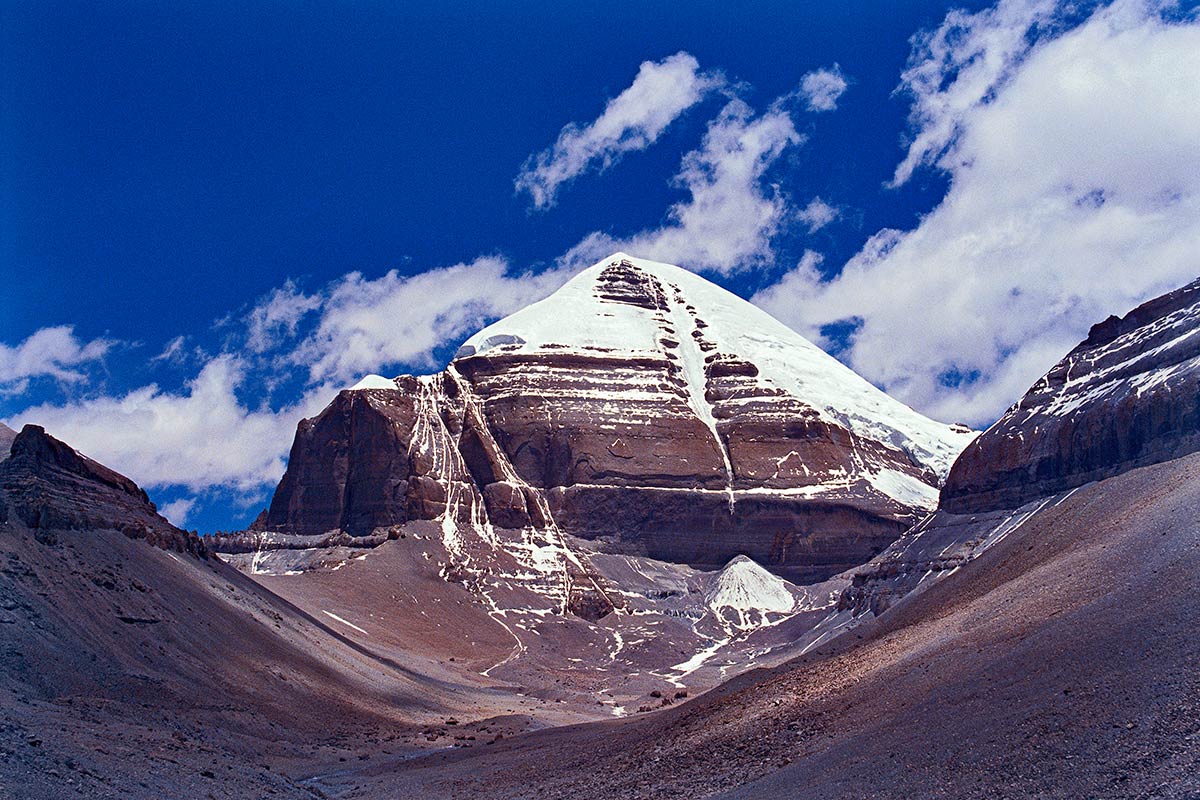
Shiva is Adiyogi. Therefore, Shivratri is an important night for yogis who believe in yoga. In today's world, the rationale of yoga is also becoming clear. Therefore, there is a justification for yoga associated with physical and mental health and Shivratri associated with yoga.
According to Hindu mythology, Lord Shiva is also the god of gods. He is described as the creator, protector and destroyer. Shiva performs the "Tandav" dance on the day of Shivaratri.
According to religious texts and the beliefs of individuals, the astronomical environment and position are special during Shivaratri. This is the night that guides every person to the path of salvation, spirituality and enlightenment. This day is a day in which Shiva is made in all respects. Experts say that it is no coincidence that many things related to Lord Shiva happen on this day.
What to do on Maha Shivaratri?
Lord Shiva is specially worshipped on Mahashivaratri. Devotees stay awake that night. Likewise, devotees go to worship at Shiva's temples in various places in the world. According to various rituals, it is customary for devotees to fast on the day of Shivratri to fulfil their wishes. On the day of Shivratri, Shiva temples are filled with devotees from early morning. This festival is celebrated with great fanfare in countries like Nepal, India, Nepal, Mauritius, etc., where there are communities that believe in Hinduism.
Shiva Ratri Celebration in Nepal
Shiva Ratri is the main thing that is taken by the devotees on the occasion of Shivaratri. Those who fast on this day stay without eating anything for the whole day. And, even during the night, he/she stays awake without sleeping.
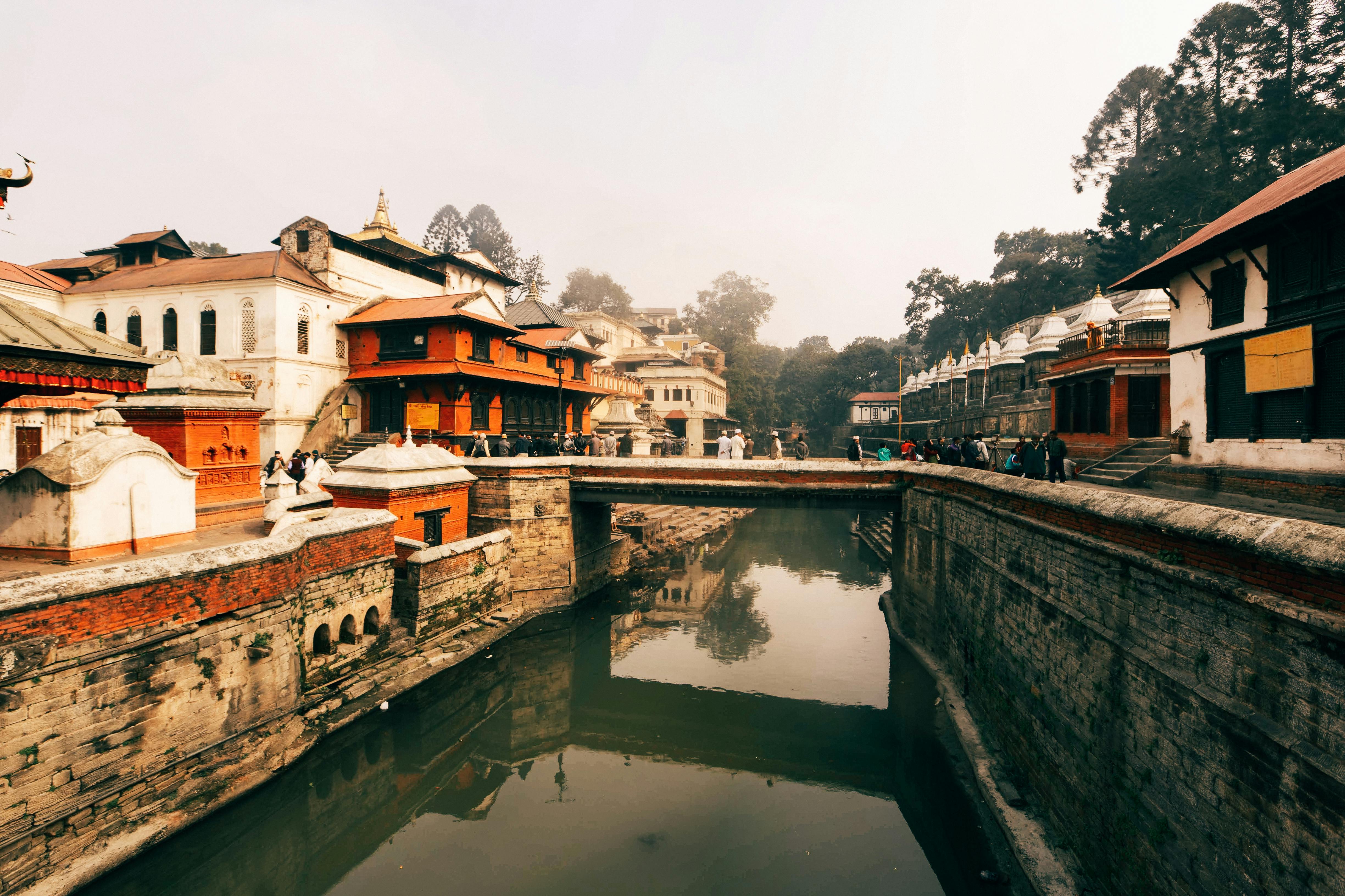
During Shivratri, monks, and devotees from India, Singapore, Mauritius and other countries come to worship at the famous Pashupati Nath temple. Similarly, Shivratri is celebrated grandly by devotees in temples such as Devghatdham, Kailash Mahadev of Bhaktapur, Siddeshwar Mahadev of Palchok, Latteshwor Mahadev of Tripurasundari and others.
To celebrate the festival of Shivratri, grand preparations are made in Pashupati a long time in advance. On this day, there is a large presence of devotees and sadhus in the Pashupati Nath temple. In Nepal, Shivratri is celebrated most grandly in the temple of Pashupati Nath. Where international devotees are also present in large numbers.
During the night of Shiva, people collect the wood light the fire in groups and have fun. Similarly, on this day, it is a traditional practice for children and teenagers of the village to collect money by blocking the road for traffic.
On the day of Shivratri, there is a tradition of accepting the dishes made by mixing different types of ingredients as Prasad of Lord Shiva.
